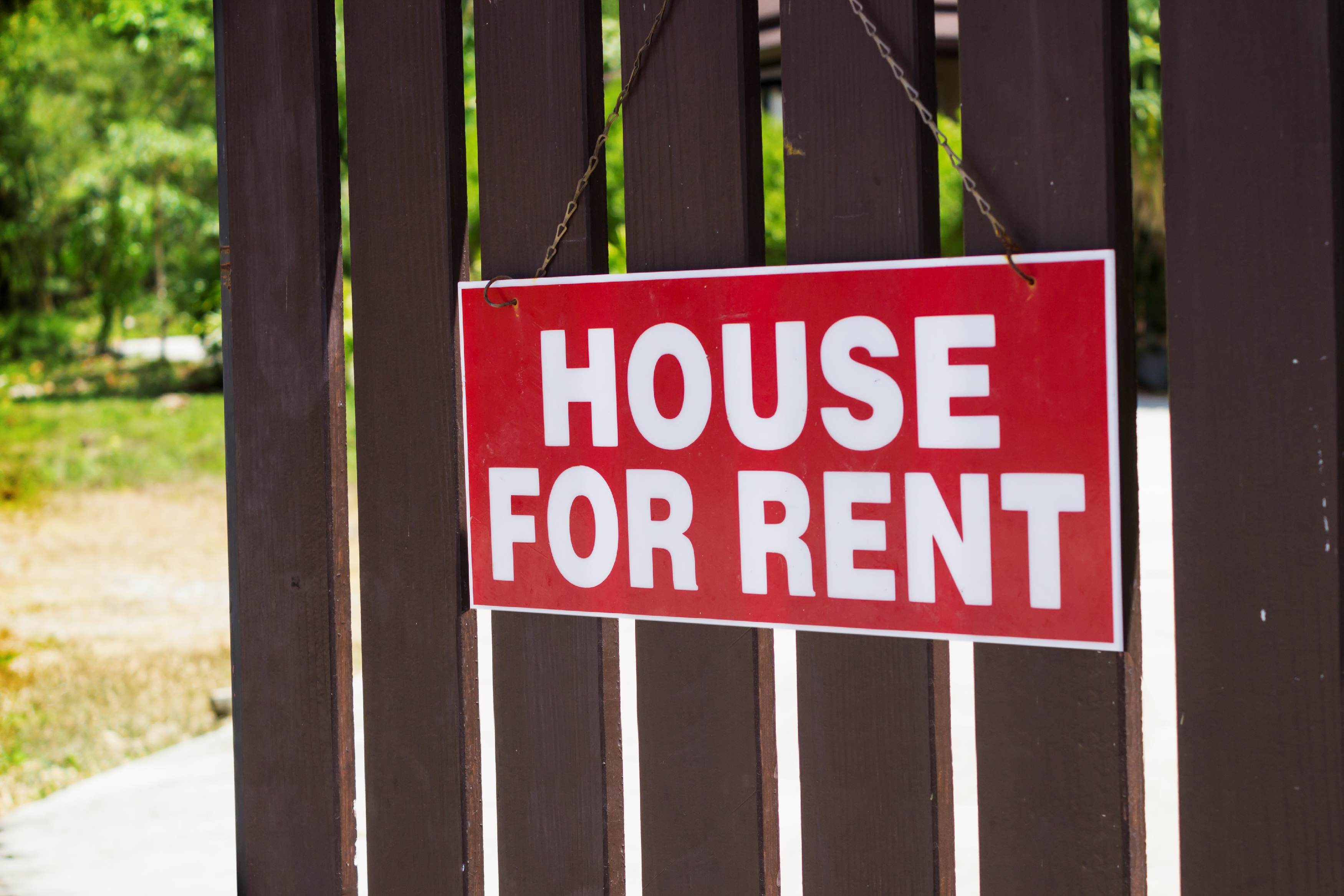 Kris Taylor
Kris Taylor
President,
American Tenant Screen, Inc.
800-888-1287
One of the most basic steps to protecting your property is finding a qualified tenant. How you define and screen for a qualified tenant is critical to your success.
Set your criteria to determine which background check reports will give you the information you need. Aim too high, and you can turn away a good tenant. Screen ineffectively, and your tenant could be a headache that drains your resources.
There are three primary factors to consider:
1. The applicant’s ability to meet financial obligations. Check the applicant’s credit score—the average is around 650. Verify income—standard rent-to-income ratio is 30 percent. You may choose to be stricter or more lenient and factor in the applicant’s debt found on the credit report.
2. Past landlord-tenant court cases and any other history. You can obtain this by contacting a previous property owner to ask a standard set of questions.
3. Criminal history, especially violent, drug-related or sexual offenses. Consider the age of the offense, the age of applicant at the time of the offense and the potential impact on your property or community. Be sure your background check provider covers the appropriate county and state so you are not missing criminal records.
Regardless of what criteria you set, you always want to treat each applicant equally to avoid discrimination.
 Kevin Ortner
Kevin Ortner
Founder and CEO,
Renters Warehouse
info@renterswarehouse.com
There is plenty a real estate investor can—and should—do to protect his or her investment.
The first thing for you to do is ensure you have the correct kind of insurance policy and any license or permit required to rent the property. This can vary by city and state and can take days or even weeks to obtain.
Property owners should also make sure all safety equipment is present and in good working order. A rental license inspection will flag any health or safety concerns and require the owner to make repairs.
Another thing to consider: If a property has been vacant for a while, the owners should run the appliances and utilities to make sure everything is working and will hold up to regular use. It is easier to fix these things now, rather than after a tenant has moved in.
When you’re ready to find tenants, I suggest contacting a professional company to assist.
Professional, experienced companies should have in-depth screening processes that can help identify the best candidates for your property and mitigate the two biggest fears of renting: tenants not paying rent or damaging a property.
 John F. Gohde
John F. Gohde
Chief Operating Officer,
Real Property Management
888-806-7088
It makes good financial sense to hire a professional property management company, not a friend or family. A rental property is much too large an investment in your future to have it handled by someone who is not a trained professional and without systems and processes to effectively manage a rental.
Real Property Management recommends you have the proper insurance policy for your investment properties. A typical homeowner’s policy will not cover losses when you are not the occupant of the home. Also do not forget a liability and umbrella policy and a loss-of-rent rider to supplement. If you live in an Association, look into special assessment coverage.
Think about setting up a separate business entity for the investment properties. This will offer protection of the asset and make tax time much easier.
We also recommend you hire a CPA to maximize deductions and to ensure you are claiming rental proceeds properly. Obtain a good, strong lease and have it reviewed by legal counsel to ensure you are sufficiently covered for liability and harm.
Most states have statute that includes “implied warranty of habitability.” Make sure your investment home is up to state, local, health and building safety requirements.
Reply to and correct maintenance issues promptly. Small issues can quickly become big replacements if not addressed in a timely manner.
Do not skimp on tenant screening. This helps ensure that you are getting a quality and qualified tenant for your property. Leasing to the wrong tenant can be incredibly risky. Lost rent, eviction costs and property damage can eliminate any financial returns from a property.
Violating fair housing laws is also a risk for any rental property owner. Stay abreast of federal, state and local laws. It makes good business sense to fully abide by national standards, even if they do not apply to a particular local area.























0 Comments